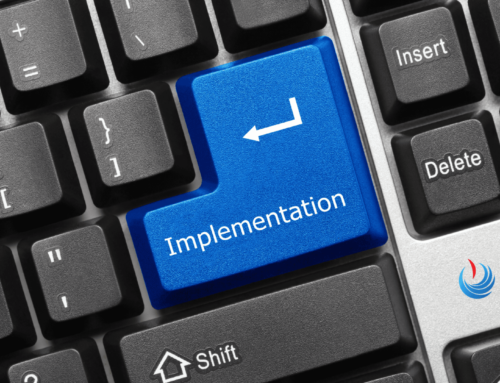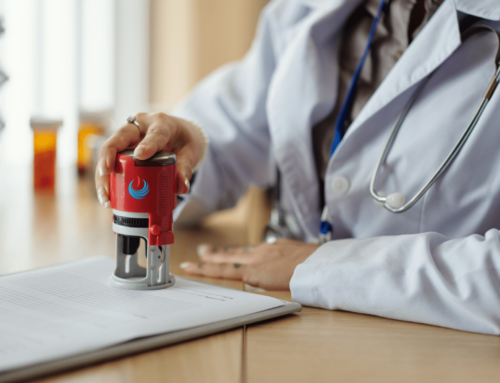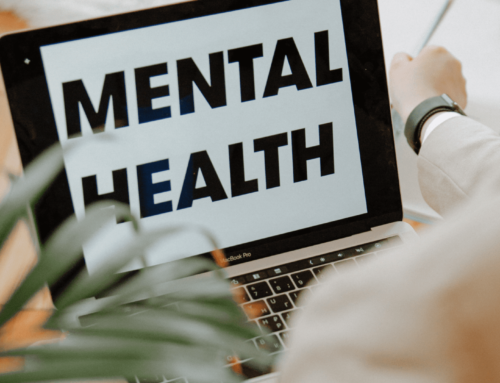Helping someone through the process of recovering from addiction is a very difficult task. It takes discernment to know when to be firm and when to let someone live their own life. Healthy independence depends heavily on self-care. Alternatively, it can depend on the extent of self-care a recovering person is prepared to practice. Self-care does, after all, provide several significant benefits throughout rehabilitation. It is essential to learn self-care techniques, and you must be familiar with the basics to guide someone through it.
What is Self-Care?
Today, self-care is frequently linked to Netflix, chocolate, and bubble baths. But at its core, self-care is all about looking after your well-being. It is about:
- Recognizing your limitations.
- Keeping your body healthy.
- Having enough rest and understanding of when to take a break.
- Discovering practical solutions to a difficult situation.
What is Self-Awareness?
Self-awareness, or knowing why you think, feel, and act the way you do, is a key component of self-care. For instance, part of self-awareness is being able to identify harmful behavior patterns and their causes if you are struggling with addiction. It may be a reaction to a stressful scenario if you are a recovering alcoholic and notice that you are craving alcohol more often than normal. Knowing why you act a certain way and what makes certain behavior patterns worse enables you to take proactive action and make significant progress in your battle against addiction.
Tips & Benefits of Self-Care
Of course, self-care and self-awareness are frightening concepts when you are battling addiction or when you are an addiction counselor supporting someone else in their battle for recovery. The misconception that taking care of oneself is selfish is one that many individuals fall into.
When carried out correctly, self-care isn’t at all selfish. The first step in taking care of those around you is to have the correct amount of compassion, tenacity, and a steadfast dedication to your own well-being.
Meanwhile, because self-care is frequently thought of as a luxury, many people struggle to find practical ways to practice it. Thinking of self-care as a health-related necessity rather than a luxury is the best way to approach it from the standpoint of recovery. It’s an essential step for your whole health—physically, mentally, and spiritually. In fact, it’s fundamental if you want to break free from the self-abusive tendencies that are so typical of addiction. There are several ways to harm oneself, such as binge drinking, suppressing emotions, and compulsive eating habits.
The paradox is that while taking care of oneself is frequently seen as selfless, abusing oneself is essentially selfish. Selfishness is at the core of all forms of self-harm because when you spend so much time criticizing yourself, you don’t think about how you might be hurting other people. Moving out of these loops to acknowledge the suffering you have caused others is one of the most crucial steps in addiction treatment. Here are some recommendations for recovery.
Be mindful.
You must first and foremost maintain self-awareness. Addiction, in all its manifestations, is about evading something. Some feelings, circumstances, ideas, and sensations are so intensely disturbing that you turn to addictive behaviors as a form of defense. Learning how to deal with what bothers you is one of the major recovery steps (and one of the most crucial ways that self-care can help you). Learning to be mindful of it and ride the tides, not ignoring or underestimating it.
Strive for balance.
In our society, we place a high value on our deeds. In our opinion, being busy is closely related to how valuable you view yourself. You must keep in mind that anything can be an addiction since you can engage in the same addictive behaviors even if you don’t use drugs or alcohol excessively. Throwing yourself headfirst into work or school is an addictive behavior pattern just like abusing drugs. Your loved ones won’t fare any better from it. You need to create a balance in your life between employment, school, loved ones, social activities, and recovery if you want to overcome addiction. One component can be used as a shield to hide behind if you concentrate too much on it, which increases your risk of relapsing.
Seek assistance, but also give yourself space to be alone.
Addictions benefit from isolation. You must physically or emotionally distance yourself from those around you to keep up your habit. To recover, one must leave loneliness behind and seek assistance when necessary.
That said, it isn’t realistic to spend your entire life surrounded by people (or recovery). The social nature of humans makes us loathe being by ourselves. It’s crucial to distinguish between loneliness and being alone. Both being alone and feeling lonely are possible states of being. If you can get comfortable spending quality time with just me, myself, and I, you can be happy alone.
Self-focus is not selfish.
The fact that self-care is not about treating yourself like a princess is among the most crucial things to keep in mind. Self-care is about taking care of yourself. One of the main advantages of self-care for the healing process is understanding the differences.
Make self-care a part of your daily routine this year, and practice being kind to yourself. The kindness we show ourselves will result in a kinder world.
Written by Marina Malobabic for www.MedEZ.com








Leave A Comment
You must be logged in to post a comment.